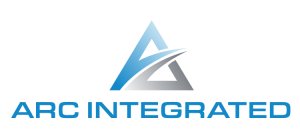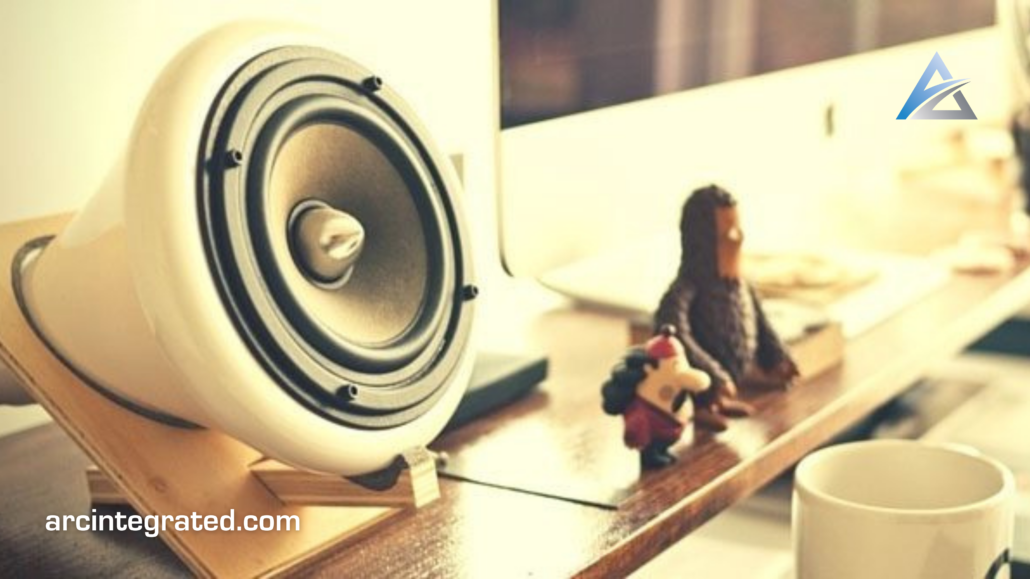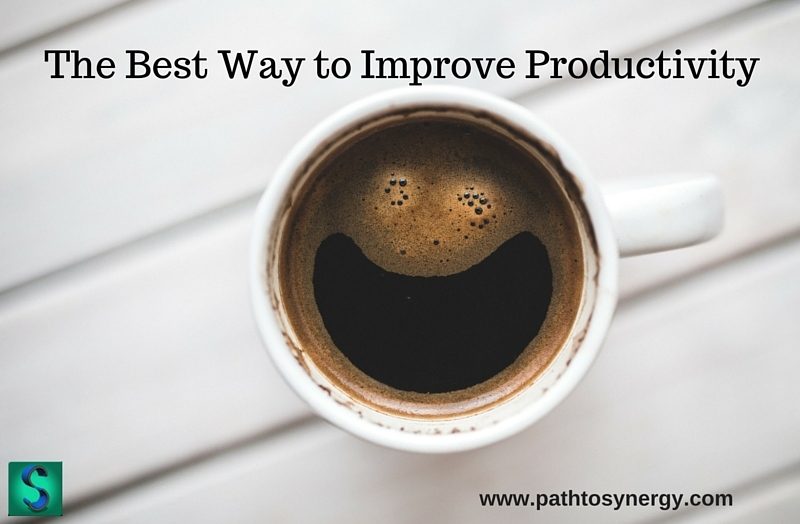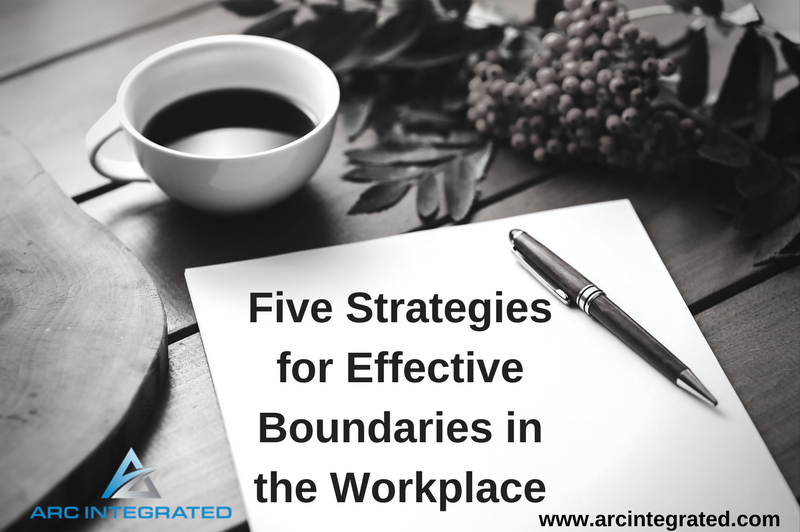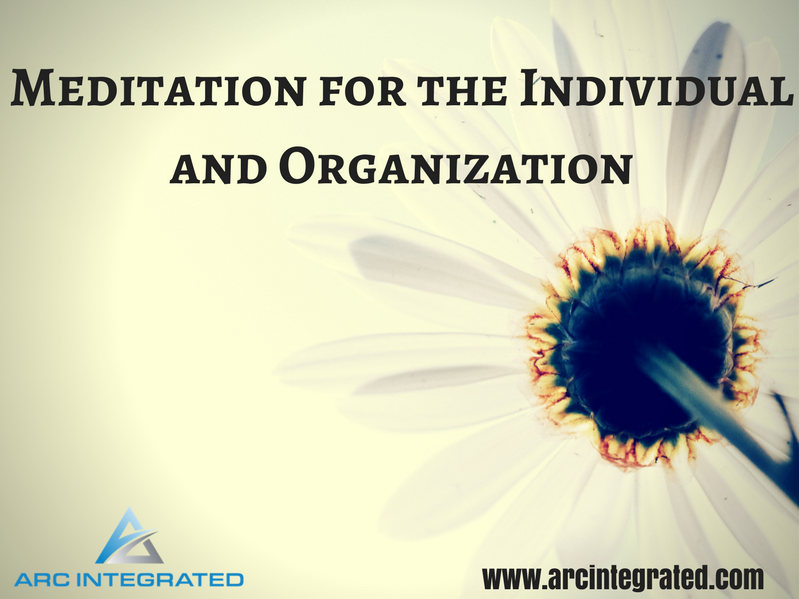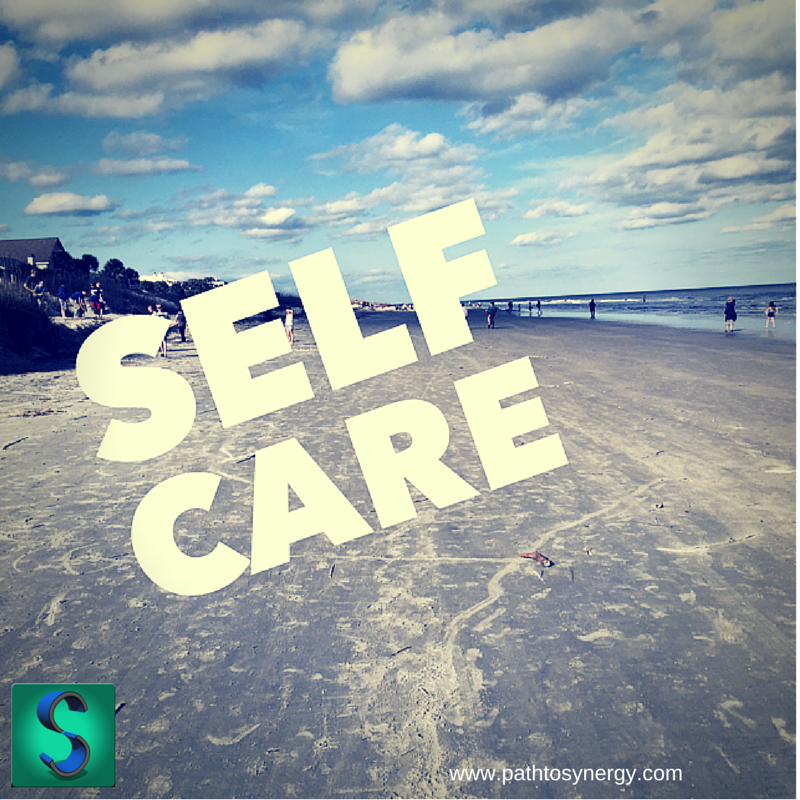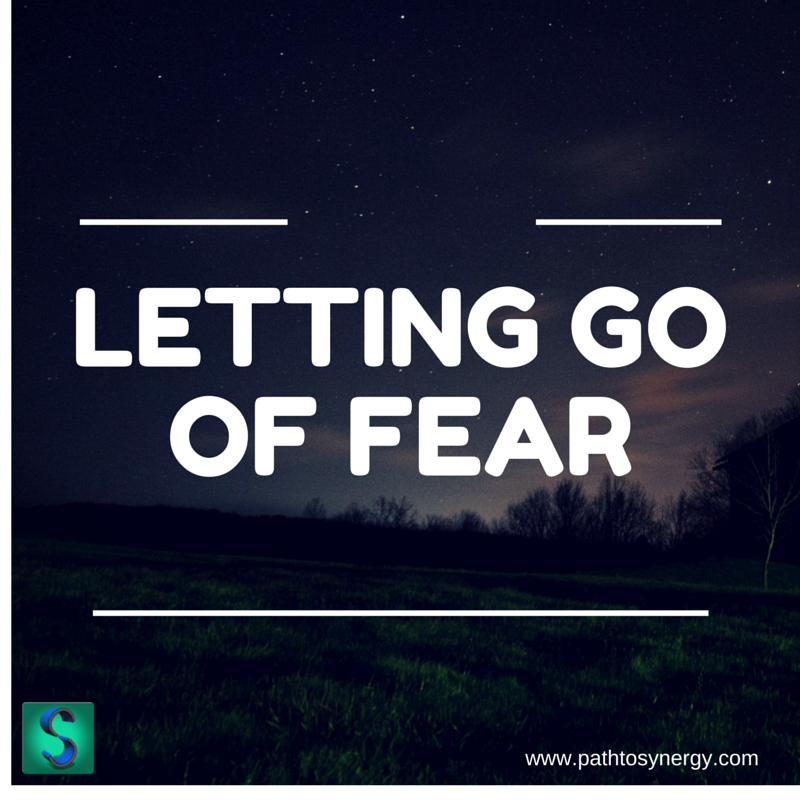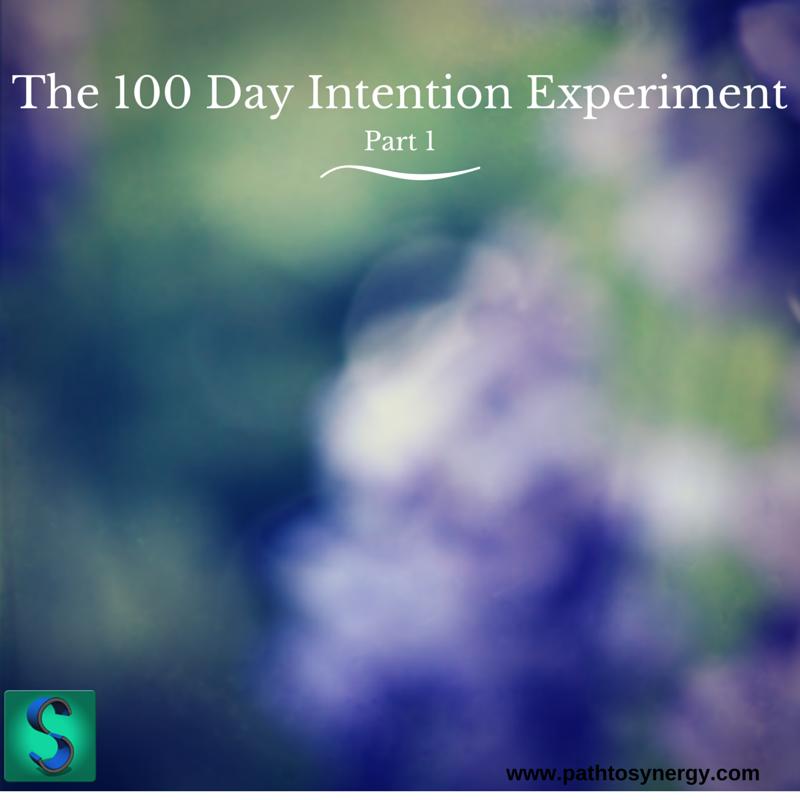How to Improve Your Leadership Skills in the Workplace (When We’re All Working Remotely)
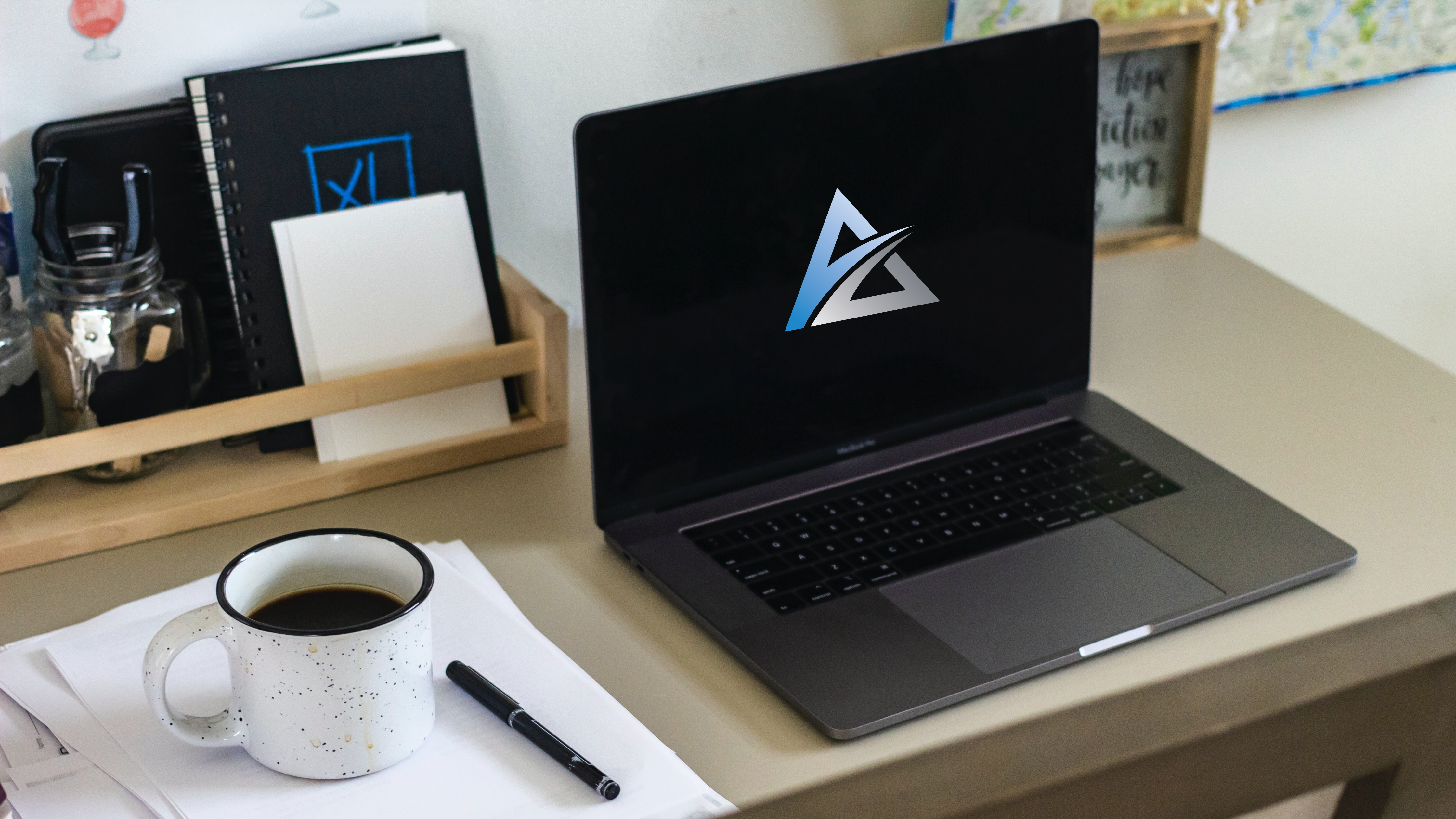
Let’s face it, working remotely can be pretty great and it has its benefits. We can have a better work-life balance, healthier lifestyle, and we even get to save more money (no more transportation to the office, no office rental fees, etc)!
But does something feel a little off? Perhaps you’re finding yourself to be less motivated every day. You may have a more laid-back attitude to everything to the point where it’s affecting your work ethic and you’re starting to struggle with managing tasks. You’re not alone.
Recent conversations with our clients have revealed to me the negative aspect of working from home, especially as more people start to notice their at-home work life affecting their personal lives. In this blog post, I’ve outlined some tips to help you improve your leadership skills, for those who have been struggling with leading their teams remotely and for those who are just looking for some guidance on change management as they transition from managers to leaders.
Tips to Improve Your Leadership Skills
Practice Discipline
A good leader needs discipline, and in order to be an effective leader, it’s mandatory to practice discipline in both your professional and personal life. Leaders are often judged by their capacity to lead by the amount of discipline they display.
A good way to start practicing discipline at work is by meeting your deadlines and being punctual. Yes, even in a remote environment, it’s just as important to your productivity to be prepared and to show up on time for virtual meetings and gatherings.
“Discipline is the bridge between goals and accomplishments” – Jim Rohn
If you are naturally disorganized, start working on that. Begin to implement good habits like waking up early and getting daily exercise to get your body producing mitochondria. Exercising is the best form of discipline; you begin to have more control of your body and your life. So set up that alarm clock and get your body moving!
Practice Patience
Patience is such an essential skill to practice; leading effectively – especially during a crisis- takes an immense amount of patience. If you aren’t able to compose yourself during frustrating moments, you certainly won’t be able to lead others to be calm. It’s easy to become impatient with others but being a good leader requires you to support others in times of stress.
“Our patience will achieve more than our force” – Edmund Burke
Build your patience by starting to consciously recognize and predict when it will be tested. For example, if you know an obstacle is coming, you can be more mindful about increasing your efforts to stay calm. Try to recall moments where you felt a lot of pressure or had a very tight deadline and you were able to be successful. By recalling past moments and assessing strengths and wins, you will be able to leverage solutions and confidence for handling each situation better.
Improve Communication
Without frequent communication, working remotely can cause you to feel disconnected. Communication is more than just a video call or sending a quick message or an email. It’s a crucial skill for you to have, whether you’re working onsite or remotely. Strong communication skills are not only valued in the workplace but also valued in your personal life.
You need to master the skills of effectively communicating with your team and establish tools, channels, and best practices for yourself and your team members to communicate with one another. Another equally important skill is the ability to identify causes of communication breakdowns and ways to address them. This is a great way to practice conscious leadership.
One other key question to ask in every communication exchange is this: Am I moving the conversation forward or am I stalling it? Stay tuned for another post on the risks of stalling communication.
Develop Situational Awareness
A leader is someone who can see the bigger picture and can predict problems before they occur. This is a skill highly valued when handling big projects with strict deadlines. The ability to forecast and offer suggestions to avoid potential issues is crucial for a leader.
To begin developing your own situational awareness as a leader, start by being mindful of your surroundings and people. It’s important to observe and notice the behavior in others; by doing so, you will increase your emotional intelligence and have a better understanding of people, and know how you can support them and respond to situations more effectively.
Inspire Others
Leaders are meant to motivate and inspire the people they work with and set examples for others to follow. Your characteristics and behavior will inspire more than you will ever know.
Be there for your team when they need you. Offer them support and encouragement and share small victories; it is something people will appreciate.
It also doesn’t hurt to practice vulnerability and show them the ways you’re working to improve yourself. People are often inspired by the people they work with. Focus on an area where you feel needs improvement and begin working on yourself; emotional intelligence is always on.
Empathy
People often think empathy is a soft skill that can get in the way of making tough decisions or leading a team, but that can’t be farther from the truth. The ability to understand and share emotions with others is an extremely valuable skill to have.
Given the pandemic state, people are under extreme stress and anxiety, so approaching your team from a place of understanding can reduce tension and increase communication and productivity. It shows that you as a leader can understand and connect with your team and can build trust and gain respect.
Emotionally intelligent people know how to empathize with others as they understand that it is a trait that shows emotional strength, not weakness.
Leadership is not something that only happens in an office; leadership is about the culture and environment and the space that you create, not just for yourself but also for your team. Good leadership skills are essential to advancing in your career, but they also take time; the skills you are learning will not come to you easily, so remember to be patient. If you get stuck, I’ve listed some resources below to help you. Consider the option of a professional coach or mentor that can help guide you and offer support.
You can also learn about strategies you can implement to create long-term professional and personal change from my book CHANGES. Grab the FREE Changes Playbook here.
As usual, schedule a time to connect if you have any questions.
Be well,
Michael
Resources:
- Blog Post: Top Three Tips to Manage Your Mental Health in Isolation
- Video: 5 Passive-Aggressive Communication Barriers
- Video: Why We Don’t Use Webinars for Engagement + An Activity To Do Instead
